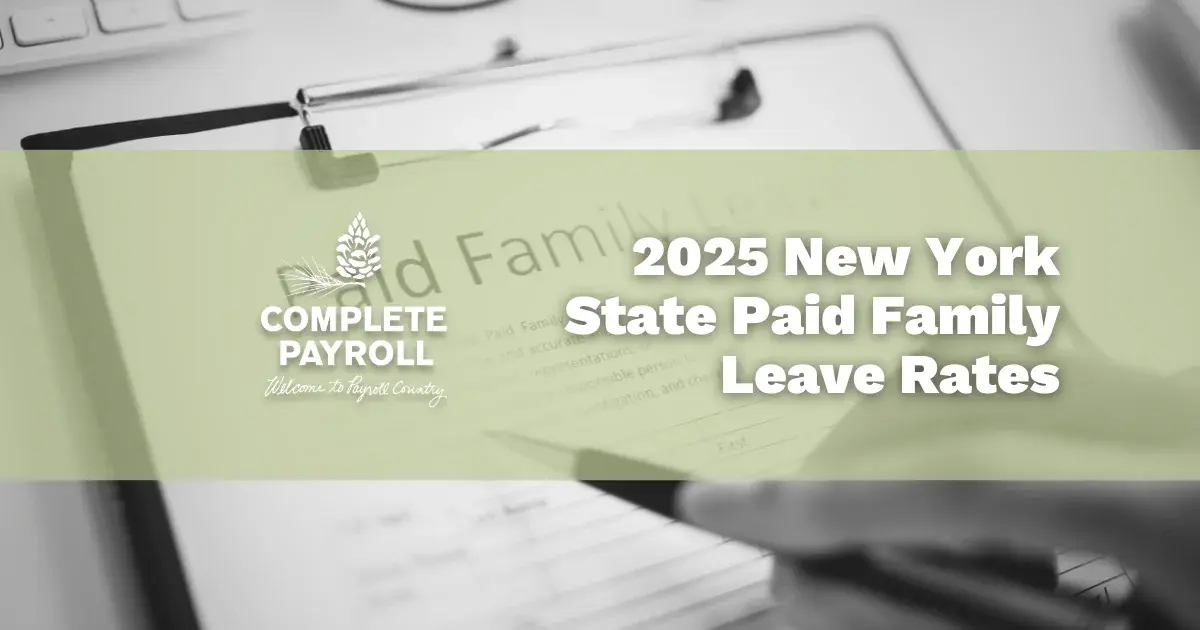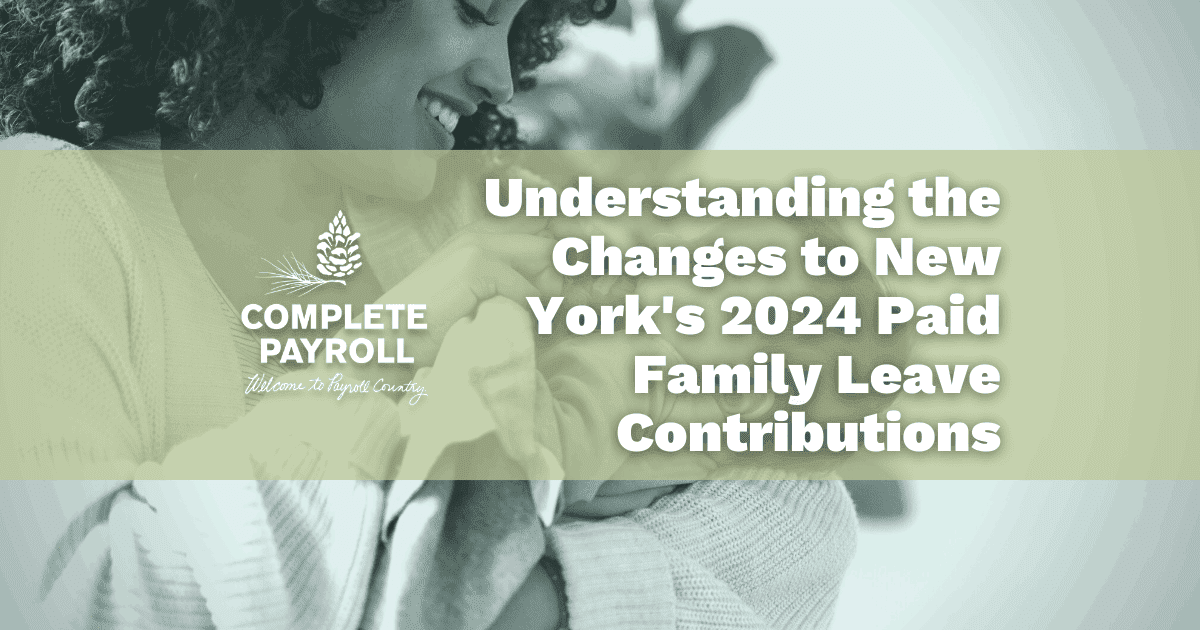Ever since employers and employees were invented, there has been a struggle for all to balance the needs of the job and the interests and obligations that exist outside of that job. For both physical and emotional well-being, time away from work is important. That’s why many employers offer some sort of paid leave benefit to give employees a chance to take care of personal matters while still being able to fulfill their duties as an employee.
But while taking time off work is sometimes necessary for a lot of reasons, knowing the difference between the types of employee leave can be confusing. In this article, we aim to demystify the different types of employee leave so you know what your options are and when you need to use them.
Paid Time Off and Unpaid Leave
Paid Time Off (PTO) is not federally mandated, but most employers still include it as part of the benefits package they offer employees. This benefit shows employees that their employers respect they have lives outside of the company and helps attract and retain employees.
PTO can be given to employees in a variety of ways. The following are different strategies, but none of them require an employee to differentiate between a sick day or a personal day:
Accrual Time
Employees accrue PTO based on hours or days worked. Employers usually put a cap on the number of days that can be accrued before employees need to start taking them.
Allotment Time
Employees are given a set number of PTO days every year. Unused PTO days may or may not carry over to the following year depending on the company’s PTO policy.
Unlimited Leave
Employees can take as much PTO as they need with the approval of a manager.
Unpaid time off is just what it sounds like - it’s time off for the employee, but it isn’t paid. Again, the federal government doesn’t have laws requiring PTO as a benefit, but there are laws that govern certain aspects of unpaid time off which will be explored further below.
Family Medical Leave Act (FMLA)
The Family Medical Leave Act was made into law in 1993 and helps eligible people maintain job security while dealing with a variety of issues that require time away from work. This law requires employers with 50 or more employees to provide a maximum of 12 weeks of unpaid leave while the employee’s job is protected.
This leave can be taken for the following reasons:
- The birth, adoption, or fostering of a child
- A documented health condition that leaves the employee unable to work
- The care of an immediate family member with a serious health condition
While FMLA time is not required to be paid, it does provide job security while also guaranteeing the continuance of any medical insurance through the employer. Eligible employees need to have at least 12 months of tenure with a covered employer.
Parental Leave
Parental leave is more commonly referred to as maternity or paternity leave. Nine states and the District of Columbia are currently the only places where some form of paid parental leave is required for employers to provide. However, many employers outside of these places often offer parental leave benefits as a way to recruit young talent into the company.
Disability Leave
Disability leave and FMLA often overlap in that they both allow a leave of absence for documented physical or mental limitations that affect an employee’s ability to work. According to the Americans with Disabilities Act (ADA), disability leave can mean an employee has a right to take a leave of absence or to request reasonable accommodation in the workplace that will help the employee better do their job with their limitations.
While there is not a legal requirement for this time off to be paid, many employers offer supplemental disability insurance for both short and long-term disabilities.
Military Leave
Federal law usually dictates what types of military leave employees are entitled to. For example, employers are required to provide paid leave for active or inactive National Guard or Military Reserves when engaged in specific duties. Further, the Uniformed Services Employment and Reemployment Rights Act says military personnel must be reemployed when returning from active military duty.
Bereavement Leave
Oregon is currently the only state where giving employees bereavement leave (paid or unpaid) is state law. This type of leave is the leave an employee takes after the loss of a loved one to attend to family matters, attend the funeral or memorial services, and other concerns that fall into this category.
While it isn’t law, many employers offer some sort of paid or unpaid bereavement leave as a way to keep company culture positive. Some employers may stipulate the relationship between the employee and the deceased to be eligible for bereavement leave. These stipulations are usually the loss of a parent, partner, or another immediate family member.
Jury Duty
When someone is called to jury duty, it is not a request but a requirement. That’s why the federal government states that employers are required to offer unpaid leave to employees who are summoned to serve on a jury. State law dictates whether or not that leave is required to be paid.
Holidays
Holidays in both forms - federal holidays and religious holidays - vary in eligibility for employee leave based on a few factors.
When it comes to federal holidays, federal employees are by law entitled to paid time off. Private employers do not have any such obligation to give paid time off, but many choose to as another benefit to recruit and retain employees.
Title VII of the Civil Rights Act of 1964 requires employers with 15 or more employees to make reasonable accommodations for employees to observe religious holidays. However, there is a loophole that if they can demonstrate that accommodations for religious holidays overburden their business, they may be exempt from this requirement.
If you need more help with the ins and outs of paid and unpaid employee leave, or you have other HR questions and concerns, Complete Payroll can help you out. Check out our blog to find articles for all of your burning questions and more.


















 Get Instant Blog Notifications
Get Instant Blog Notifications


